
By
Source
-
Blogging is a great way to show off your expertise, hock your products and services or earn a bit of money through display advertising. Many bloggers who are starting out want to know how to grow their blog’s audience, while playing a game of trial and error.
Here are some silly blogging mistakes that you can avoid, thanks to the trial and error of others who have tried to figure out what works and what doesn’t.
Mistake 1. Treat Blogging As A Sprint
Blogging is not a race to push out as many posts as possible in the shortest period of time. That’s a sure-fire way of burning yourself out – mentally, creatively and physically.
It is a far better strategy to post at a steady and consistent rate that can last you for the long haul.
Even if you’ve got a lot of ideas in your head and the creative juices are flowing, feel free to get that down and write, write, write. But don’t be too keen to publish them all at once. Pace yourself.
A month or two down the track, you might hit a creativity bump. It happens to everyone. So when that happens, you’ll still have something to publish from your archives.
If you are ultra-productive and can’t stop writing, try to keep an archive of 2 weeks worth of material. That should save you in times of drought.
Mistake 2. Posting Sporadically
Connected to point #1, posting haphazardly is not the best way to build an audience. People prefer routine and your publishing schedule should be set to a fixed routine.
Posting 5 articles one week, then 1 the next, then 3 after that shows inconsistency and a lack of planning.
Choose how many posts you want to publish each week and the precise days and time to publish.
As a general rule, one post per week is the bare minimum – consistently.
Some bloggers like to publish to a tight schedule such as on Sunday evenings at 6pm and Wednesday mornings at 7am – like clock work.
Mistake 3. Posting On Friday Night
When it comes to reader engagement, there’s one particular time of the week that consistent performs worse than any other time – Friday nights.
It may not be a surprise, but come Friday night, most people don’t want to be sitting at their computer after a long week of work. Every Friday night around the world, people are gearing up to go out, or just relaxing at home with the family.
The second worst time to post an article is Saturdays. The same argument can be had for Saturdays where most folks just want to be away from their computer doing other things.
Better yet – take the weekend off!
Mistake 4. Bad Headlines
This is a typical mistake I keep banging on about. Don’t write bad headlines or titles. Post titles are just as important – if not more so – than the post content.
We all love fun and quirky blog titles but you need to get the topic across to the reader is a clear and unambiguous way.
You have to give readers a clear idea of what to expect from the post while also ensuring the search engines will be on your side. Great headlines are also Search Engine Optimized (SEO).
How Copywriting Killer SEO Page Titles Destroy The Competition
Here’s Another Way To Increase Blog Traffic
Mistake 5. Giving Up Too Soon
New bloggers jump in bright eyed and full of enthusiasm, which is absolutely an essential ingredient to getting your blog off the ground. But when it comes to the cold hard truth a few weeks or months down the track, bloggers find it difficult to face reality.
See Do New Bloggers Need A Small Dose Of Reality?
The truth is that it may take months or even years for your blog to reach satisfying heights of popularity.
While some bloggers may feel disillusioned by this fact, others may simply think ‘OK, I’ll keep at it until I succeed – and then I’ll keep going’. Yes, that’s the right attitude!
Keep at it and don’t give up too soon. How soon is “too soon”? I cant answer that for you. But give your blog a really good chances and have faith in your own abilities to make it a success.
Don’t check your Google Analytics at all during the first 3 months. It could just end in heartache seeing a trickle of visitors.
Don’t get discouraged by to lack of visitors during your first 3 months – it’s entirely normal! You need to give the search engines time to find you, as well as establish a loyal readership.
Keep blogging.
Tags: blogging mistakes
Hey! Want to subscribe? Its free!close

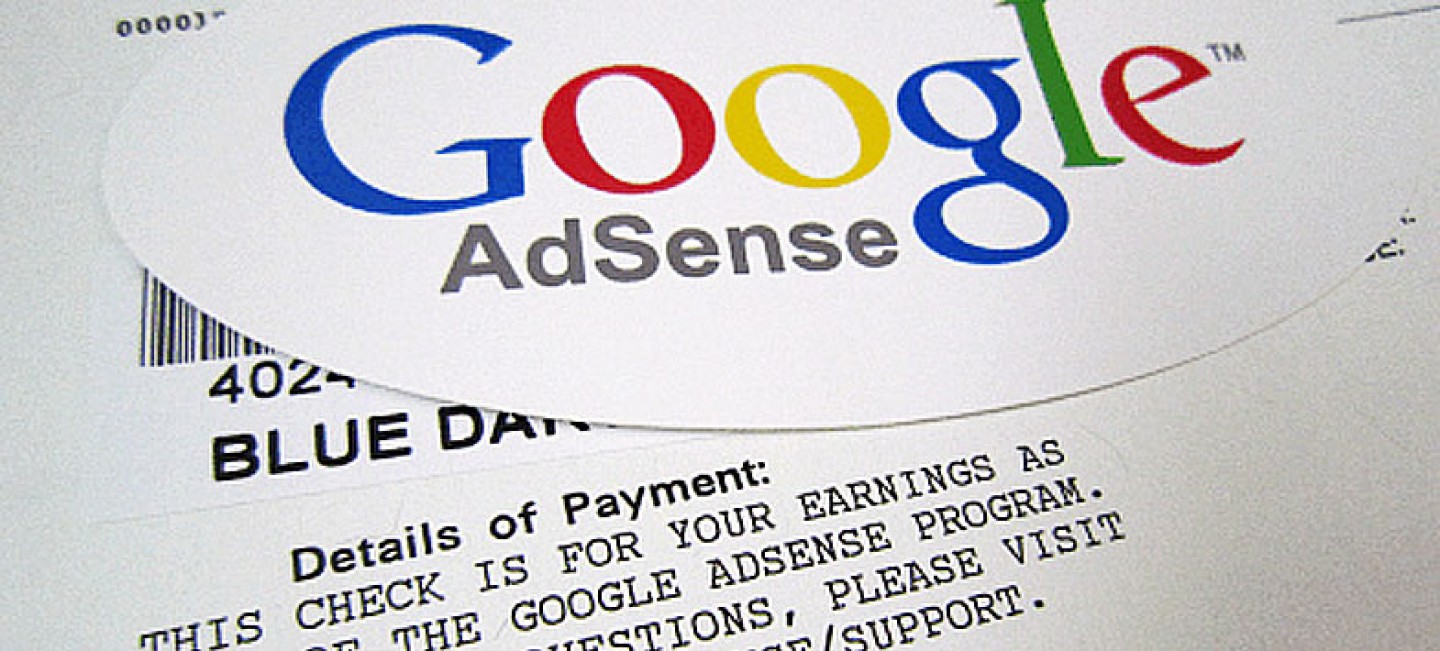






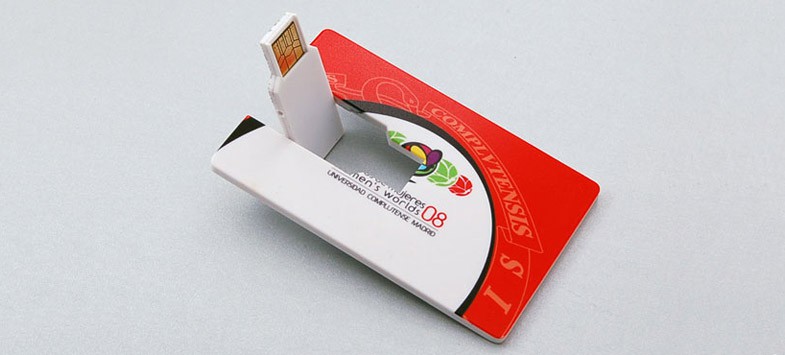


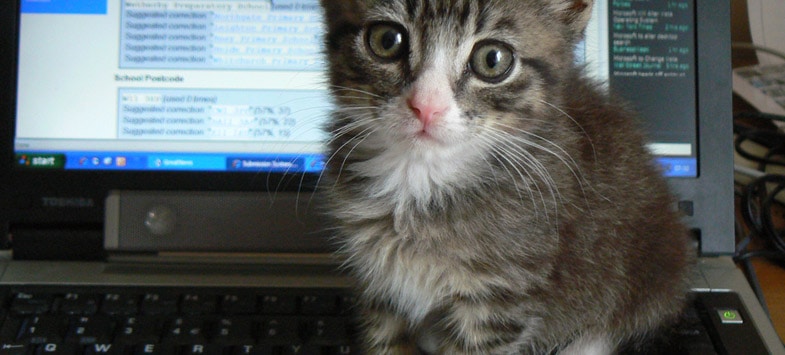




 Premium WordPress Themes Vs Free WordPress Themes
Premium WordPress Themes Vs Free WordPress Themes Why Responsive Web Design Is The Hot Trend Right Now
Why Responsive Web Design Is The Hot Trend Right Now Website Hacked? 10 Things You Need To Do Right Now
Website Hacked? 10 Things You Need To Do Right Now
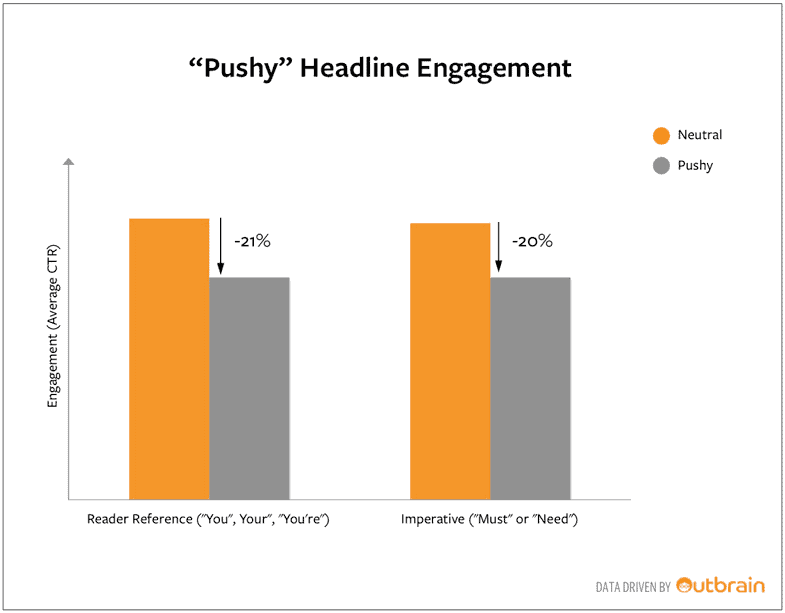
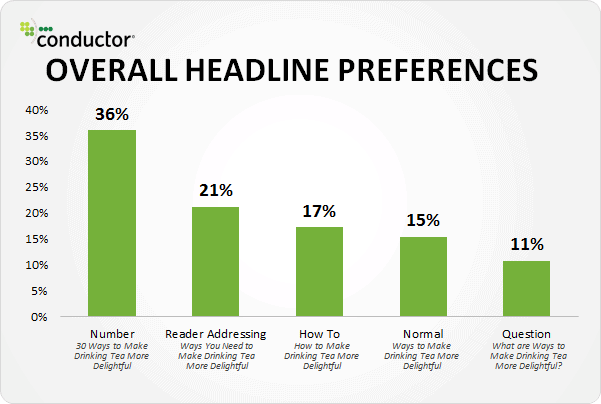


























How Facebook Can Reduce Spam And Troll Comments On Your Blog
A common problem faced by bloggers are troll comments and self-promotion.
As most bloggers use WordPress as their content management system, some spammers have even found ways of commenting on WordPress blogs automatically and in bulk.
Putting auto-spam-bots aside for a moment, we still have to contend with real-life humans who are hell-bent on making as much noise as possible. These folks are called Internet Trolls.
Trolls get a kick out of making people angry or getting into arguments.
It’s surprising to find that a person who would seem mentally stable, mature and law-abiding in the real world can become a fierce troll behind the keyboard.
A lot of why trolls troll is because they can be anonymous. 99% would never say such things to a person’s face or if the recipient could identify them.
Professor Ian Rowe of London’s University of Kent refers to a study that finds Facebook users are almost twice as civil as the anonymous trolls in The Washington Post‘s comment section.
Professor Rowe found that trolls commonly posted comments on stereotypes, sarcasm, name calling and general incitement when they could remain anonymous on the website version of the same article.
Users were more than half as likely to be uncivil on the website, however not all Facebook users came out smelling like roses.
Other news publications tend to agree with this assessment. When the LA Times switched over to Facebook comments, the level of discourse dramatically improved.
Jimmy Orr, LA Times online managing editor says
The availability of Facebook comment plugins, hasn’t stopped some sites from disabling comments completely.
PopScience recently closed all commenting on their site because evidence showed that trolls skewed how readers interpreted evidence and crushed open-minded discussion.
TechCrunch has experimented with different comment plugins and methods before settling on Livefyre. They found that Facebook does kill trolls, but it can also hurt community and insightful anonymous commentators.
It’s worth noting that trolling cannot be stopped completely. For example, in South Korea laws were passed that forced internet users to use their real name. It failed to improve the quality of comments or discourse among users.
If want to allow commenting on your blog and what to reduce negative commentary, try implementing the Facebook Comments plugin or Livefyre.